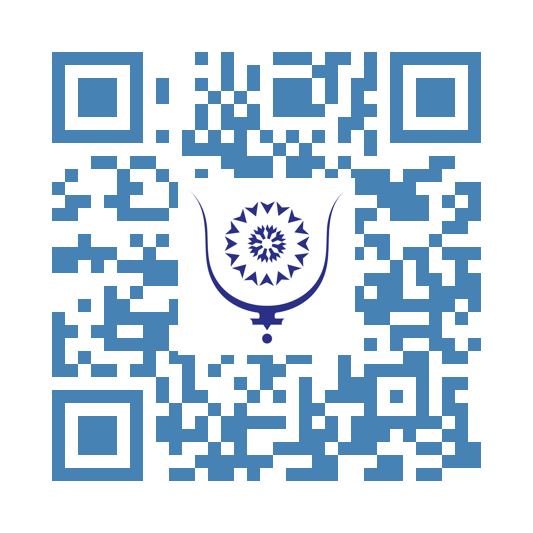The African Union and the "Ten Commandments" for improving women's education 2814
The African Union and the "Ten Commandments" for improving women's education
A piece of information has just caught my attention and aroused my astonishment, so obvious is it. It is a reminder of one of the known chronic deficits of the African continent, at the root of its socio-economic situation and its difficulties in leaving the zone of systemic precariousness of a large fringe of the population.
On 4 and 5 July 2024, African Unity organised a gathering of great importance, which was given the name of Conference.
The conference was devoted to debating the importance of education for girls and women. Of course, for the sake of fashion and to fit in with a modern narrative, we talked about strategy.
The conference discussed a strategy for increased access to "inclusive, lifelong, quality and relevant learning in Africa".
My astonishment stems from the fact that it was only in 2024 that African Unity finally took an interest in a recurring problem that has been present throughout the continent since the dawn of time. A problem that everyone believes to be one of the main causes of the continent's underdevelopment and the pervasive precariousness of its population.
In fact, for a very long time now, the pan-African organisation, whether in its old form or in its new one, has been floundering in so-called political difficulties. It lives to the rhythm of petty conflicts and never-ending conciliations between petty warlords imbued with imported ideologies in which they themselves do not believe, but who cares? All it does is denounce or try to appease the perpetrators of massacres in the name of causes that are often in the interests of this or that interest, without ever succeeding in imposing or settling anything...
Finally, in July 2024, the Commissioner dedicated to this mission within African Unity will give us his prophecy. In essence, he said: "As Member States, we must redouble our efforts to support girls' education by acting on knowledge and skills. Let's support girls' education at primary, secondary and even tertiary levels, so that our girls complete their studies successfully and become very responsible citizens, capable of making very sound decisions".
Fantastic. All we have to do, Commissioner, is prepare our girls and women to make the right decisions... What decisions are we talking about, Commissioner: stopping the conflicts that are making more than one rich region tired, stopping the squandering of public money on far-fetched projects and misguided policies, creating work for young people by encouraging investment, primarily in the country itself, helping to improve governance for the benefit of all, improving health services and other public necessities? To do this, Commissioner, we need to go further and deeper and question the political systems in particular and the way in which power is seized in certain countries...
Thank you, Commissioner, for reminding Africa of something it should have been doing a long time ago. You would just have added 'so much time wasted on infighting and idiotic debates instead of addressing the continent's real problems'.
What's even more astonishing is that, in order to supposedly help overcome the endemic situation of women on the continent, we are still making recommendations...
As the Conference was only consultative, the only outcome was obviously the publication of recommendations. There were ten of them.
Even Moses has not been able to impose his recommendations for thousands of years, despite the divine words: "You shall not kill, you shall not steal, you shall not bear witness".
Commissioner, wouldn't it have been wise to recall these Commandments of Moses as a preamble to the Conference's recommendations?
Perhaps...
In its 'Ten Commandments', for example, the Conference calls on the parties concerned, those who finance or can do so, to put a little more money into education budgets... The problem that the conference did not address, but did it have the courage to do so, is how to ensure that this money, which is supposed to be forthcoming, will be protected so that it is really spent on education for education's sake... and does not, as in many cases, end up in the pockets and distant accounts of those who are supposed to manage it for the good of Africans...



